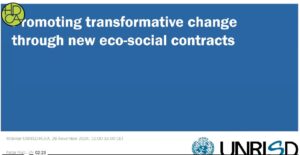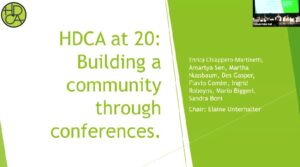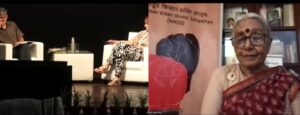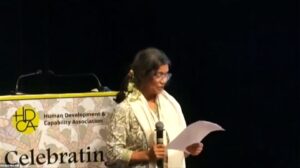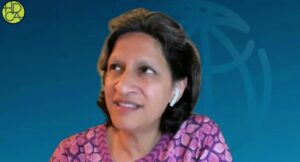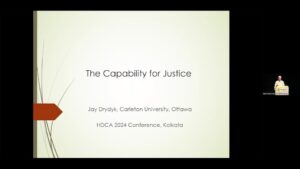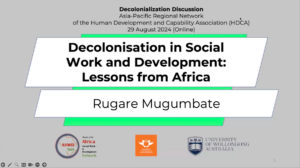Promoting transformative change through new eco-social contracts, jointly organized by members of the UNRISD Global Research & Action Network for a new Eco-Social Contract (GRAN-ESC) and the Human Development Capability Association (HDCA).
Welcome:
Enrica Martinetti-Chiappero (HDCA), President
Opening introductions:
Katja Hujo; United Nations Research Institute for Social Development (UNRISD), Head of Bonn office & senior research coordinator
Moderator:
Chris Hopkins; Green Economy Coalition (GEC), Economic Policy
Lead Panelists:
Annie Namala (Executive Director of Centre for Social Equity and Inclusion, and National Convener of the Wada Na Todo Abhiyan, New Delhi, India)
Manisha Desai (Executive Director of the Center for Changing Systems of Power, and Endowed Chair of Global Citizenship at Stony Brook University, New York, USA)
Séverine Deneulin (Director of International Development at the Laudato Si’ Research Institute and Associate Fellow at the Oxford Department of International Development, Oxford University, Oxford, UK)
Closing remarks:
Gabriele Köhler (UNRISD)
Raphael Ng (HDCA)

